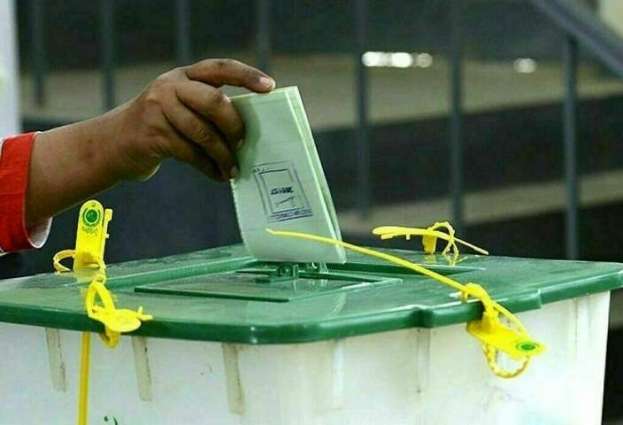Proportional voting is used in many countries around the world, and is often considered to be a fairer and more democratic system than winner-takes-all systems, which can lead to the under-representation of certain groups and the exclusion of minority viewpoints from the political proces.
By Fahad Fayyaz Alam
Robert Maynard Hutchins wrote “The death of democracy is not likely to be an assassination from ambush, It will be a slow extinction from apathy and indifference”. While he expressed these thoughts more than 75 years ago he could be talking about Pakistan in the current circumstances .
In the last election held in 2018 there were approx 106 million voters registered. Of these registered voters only approx 50 million voted which means that almost every other person did not cast their vote By most standards the approx 50% voter turnout is a low number compared to 2020 United States presidential elections (66.4%) , 2019 United Kingdom general election (67.3%), 2019 Indian general elections (67.4%), 2018 Brazilian general election (79.7%) and 2017 French presidential election, (74.6%).
However the situation is even more alarming for democracy in Pakistan as the winning candidates in all the NA seats combined only received 22 million votes which means that they represented only 1 in 5 voters who were registered in ECP. Now if we break down this by parties who formed the government ( PTI along with smaller parties) their MNAs who voted in the National assembly to select the PM voted only got 12m votes. Thus making the ruling parties have a support of only 1 in 10 ( approx 11% of registered voters) .
Even the PTI which secured the popular vote in the assembly of approx 16m votes received 8.5m votes in the Constituencies they won the vote in and the rest 7.5m where the candidate did not win.
To add insult to injury there are 18 seats where the winning candidate got only 33% or less of the total votes cast due to the fractured nature of the local politics .
This situation leads to the aforementioned apathy as people who support the other parties then start feeling as if their voice is not being heard . This leads to situations such as the TLP dharna in Islamabad. As these voices then feel that agitation is the only way forward till they become large enough that the state is unable to ignore them .
It is therefore my contention that Pakistan should move away from the current system also known as (first past the post system) towards a proportional representation system .
Proportional voting is a system of voting in which seats or representation are awarded to candidates or parties in proportion to the number of votes they receive in an election. The aim of proportional voting is to ensure that all political viewpoints are represented in a legislature, and that the distribution of seats reflects the distribution of public opinion.
Proportional voting is used in many countries around the world, and is often considered to be a fairer and more democratic system than winner-takes-all systems, which can lead to the under-representation of certain groups and the exclusion of minority viewpoints from the political process.
For example Germany uses a proportional representation system for its Federal elections. In this system, voters cast one vote for a political party, rather than for individual candidates. Each party presents a list of candidates, and the number of seats that the party wins in the Bundestag (federal parliament) is proportional to the percentage of the vote it received. Parties must win at least 5% of the vote to be represented in the Bundestag.
Applying that example to Pakistan would mean that only parties will be allowed to contest elections. This means that when a person goes to vote they wont need to know which person to vote for but for the party.
Once the votes have been tallied the parties would be assigned seats in the NA based on the proportion of votes received. Importantly this frees the party from the current issues of selecting electables and the ways they play into the system. A political party can work across the country as one entity .
From the voters side every vote will have importance as it is counted in the tally of the overall vote and if a person is not satisfied with the parties at the moment they can always start their own.
This will allow democracy to be stronger as more people will be represented rather than the tyranny of the majority being imposed upon the rest.
The writer holds an engineering degree from GIKI , an MBA from LUMS and an LLB from Univ of London.




